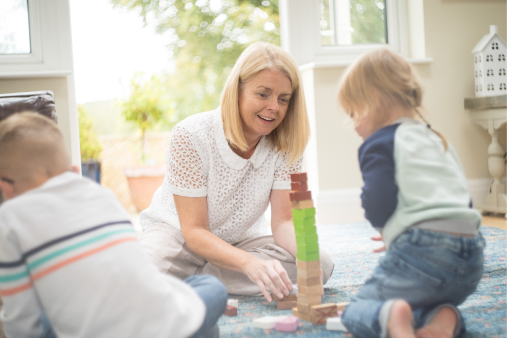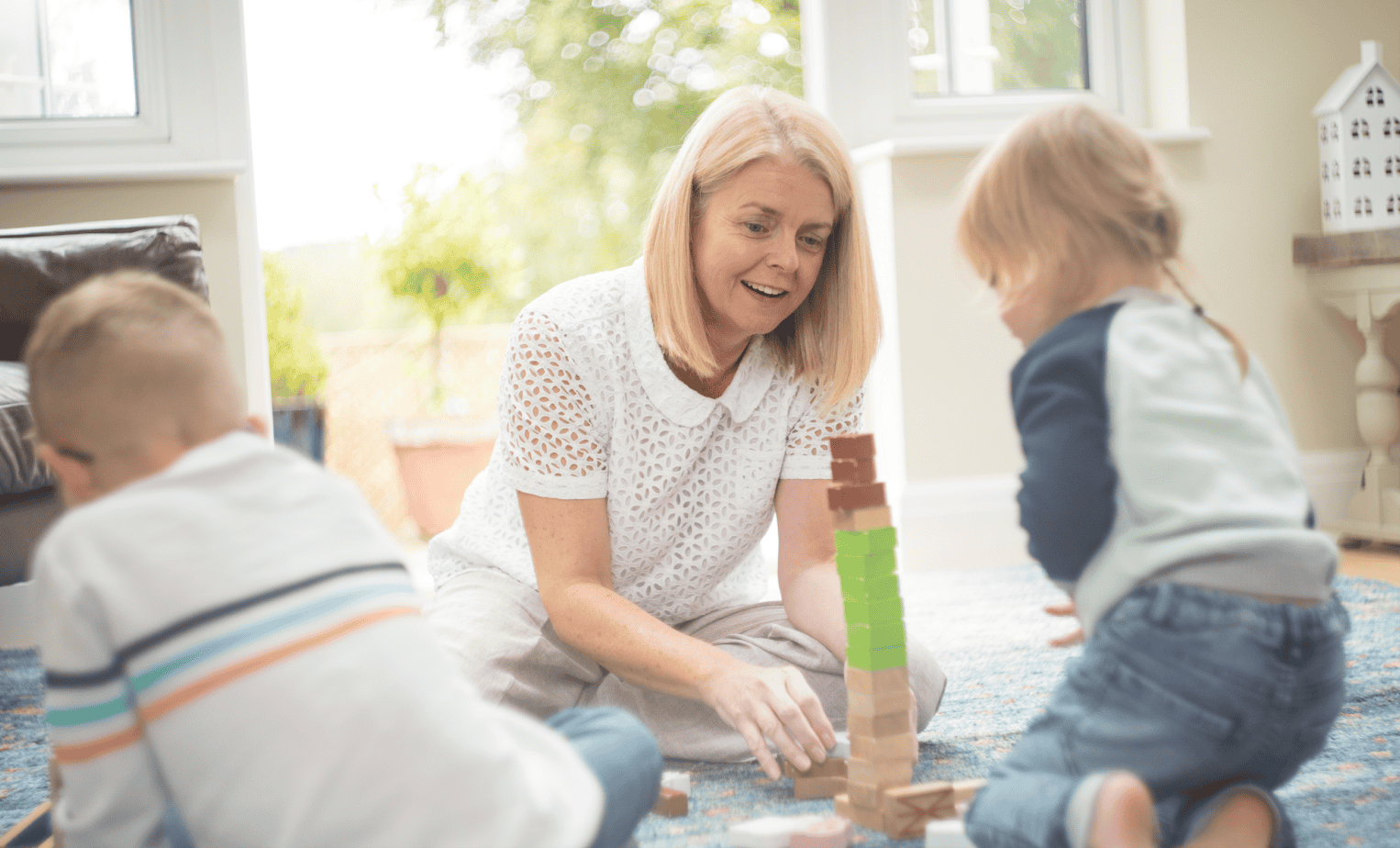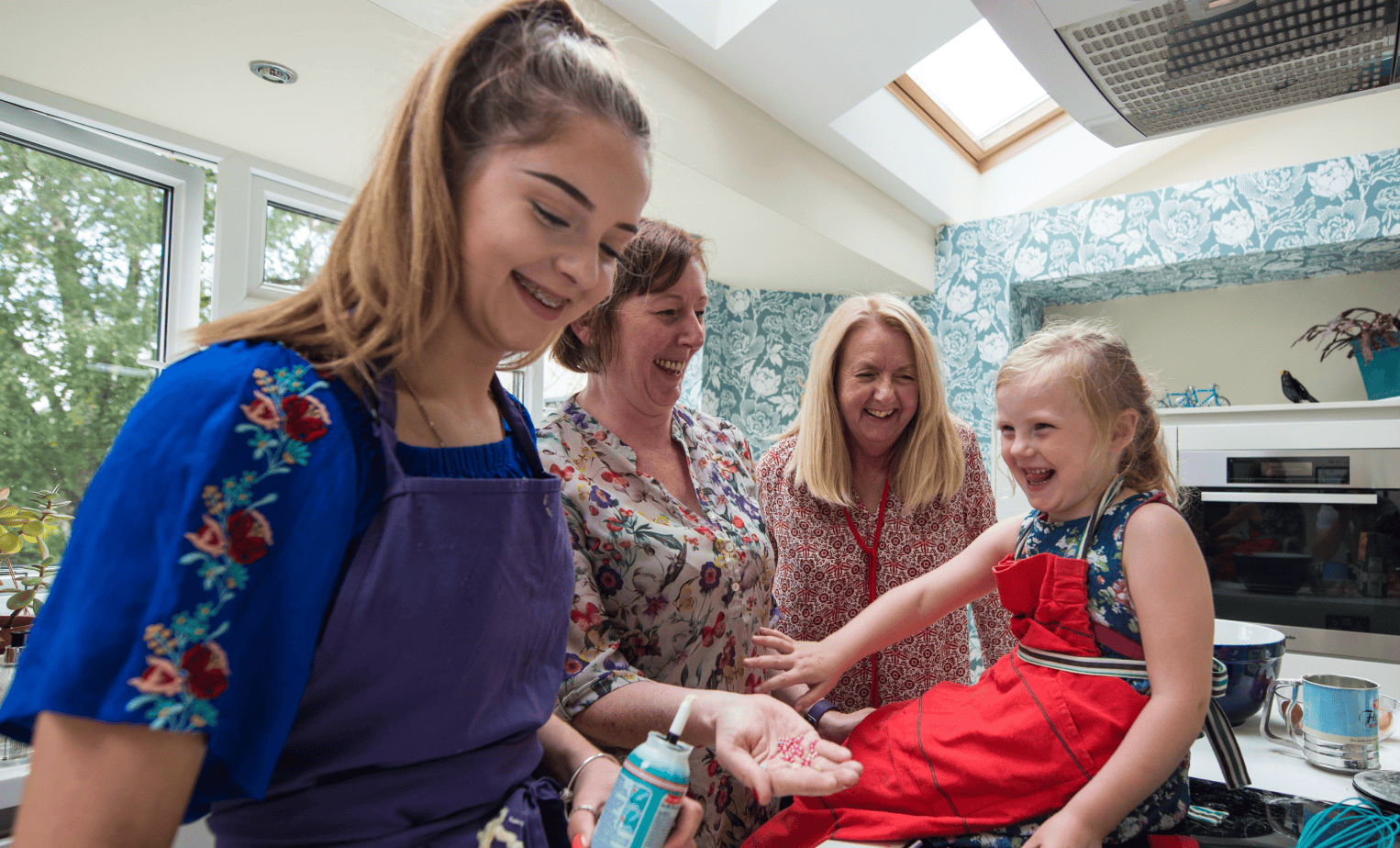I recall the weekend my twins left home to go to university. I took one on the Saturday and the other on the Sunday. My partner was also working away that weekend. I returned on the Sunday, to an empty house and for the first time in my life, felt desolate. Luckily for me my lovely neighbour who had already experienced some of her children leaving home, came to my rescue. My mother also shared with me for the first time, how she had missed me terribly when I had left home at the age of 18. Empty nest syndrome is something that many parents experience when a child leaves the family home. People talk about this leaving them feeling sad, with a sense of reduced purpose or a sense of loss.
I survived empty nest syndrome. As my kindly neighbour told me on that Sunday, our children don’t really leave us. We, as parents, are simply adjusting to the fact that we have achieved what we set out to do from the moment they first arrived, we got them to the point that they are ready to fly.
Signs of potential empty nest syndrome:
- Emotional – feeling more emotional than usual, crying, or experiencing bouts of sadness
- Lonely – loneliness is a common feeling when children have flown the nest. It does depend on your situation though, for example whether you have only one child or you are a single parent.
- Depression – when experiencing any of the above feelings this can lead to depression, especially if also experiencing a loss of purpose.
- Loss of purpose – going from being needed by your children, (regardless of their age) eg. Doing their laundry, transporting them around, shopping for their meals, to no longer having to do any of these things because they have flown the nest, can affect your sense of purpose which can be difficult to get used to.
- Anxious – feeling anxious about how your children are doing in their new worlds,
especially about their wellbeing and safety is a common symptom of empty nest syndrome. - Out of control – having been in control of your children’s lives whilst they were growing up and influencing them whilst living with you, when they have fled the nest it can leave you with a sense of having no influence or control and thus feeling unstable or frustrated or anxious.
I remember feeling that my purpose had changed, although really it hadn’t, I was still supporting my children, but from a distance, so it was different. However, I had more time for me initially and subsequently took up a variety of activities to fill the time.
Fostering a child may well be the best antidote to empty nest syndrome.
As a founder of a foster agency, I couldn’t help suggesting finding out more about becoming a foster carer. There is a shortage of people with the ability and space to care for a child unable to live with the own family. There are foster carers who provide short term foster placements as well as longer term placements.
Having nurtured and supported their children to a level of independence, parents already have the level of experience required to foster a child. They already have the knowledge of the levels of patience and resilience needed to support a child through their various stages of life to adulthood.
Children come in to care through no fault of their own. They have often experienced abuse or neglect and the courts have decided that they are no longer able to live with their family.
These children frequently have had limited opportunities. Living with a foster carer gives them the chance to experience family life and with the right support can have opportunities to experience a very different life.
We meet lots of foster carers who came to fostering later in life, often because of their own children leaving home and them feeling that they still have a lot to offer a young person. If you feel that this could be you, we would love to share some information about what fostering involves and what you could expect as a foster carer (on top of the fact that you will be making a true difference to a young person’s life) Foster carers come from all walks of life. Age is no barrier to fostering, if you are healthy and feel you have the energy to support a child. You can make a huge difference to both society and to the life of a child. Children can flourish in a safe loving family environment, regardless of the start they may have had.
Other things you could do:
- Volunteer in your local community. Learn more about how you could help local charitable organisations and groups or local schools.
- Look at projects you could do around your home, using space in your house and garden for things that will benefit you.
- Start a blog to share your experiences with others who might be going through something similar.
- Try something entirely new. Look at “whats on” in the community perhaps join a class or community group and meet new people.
- Work on improving skills or try new hobbies.
- Explore your local area with like-minded friends or join a walking group.
- Focus on health and wellbeing, start an exercise class, or join a local fitness group.
- Work on improving connectivity with others and use technology to maintain connections with your kids.
- Decide on places that might be interesting to visit and plan a list that can be ticked off
when visited.





